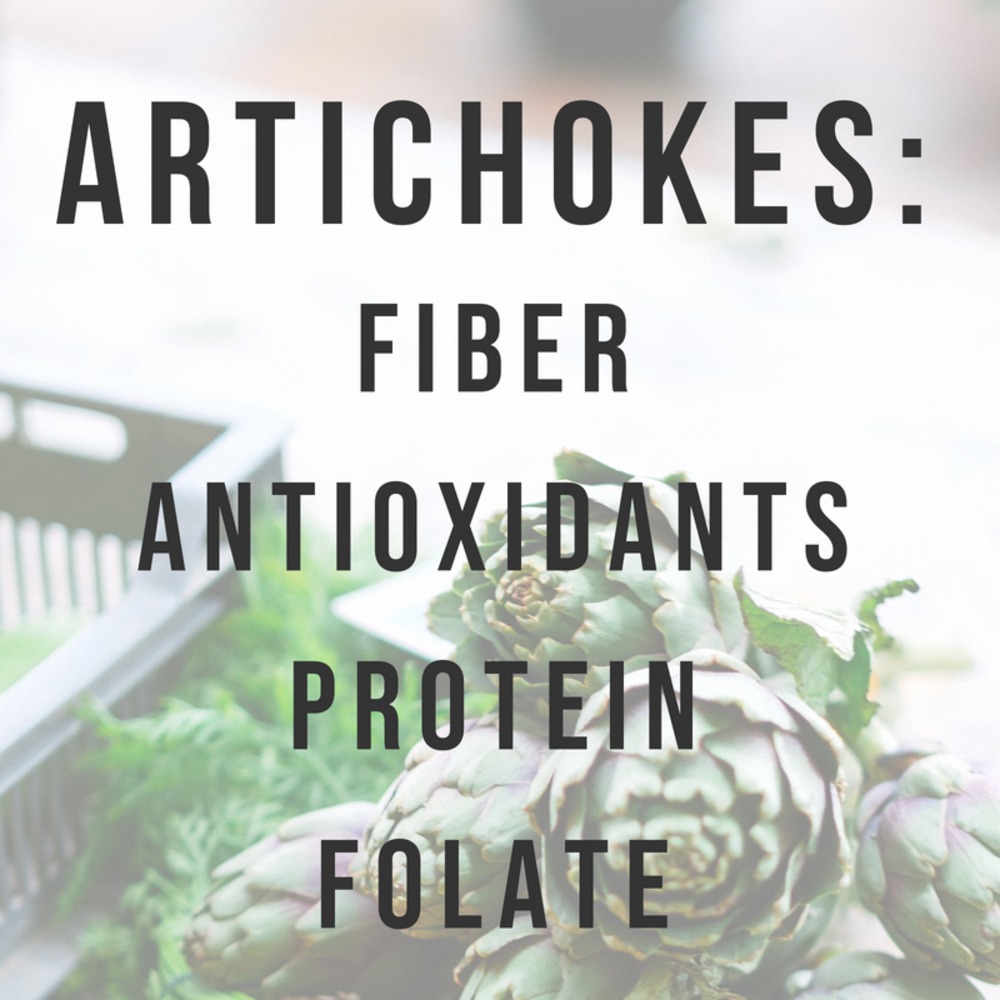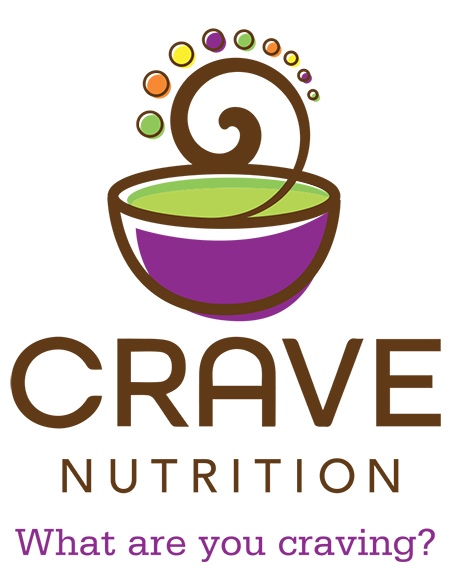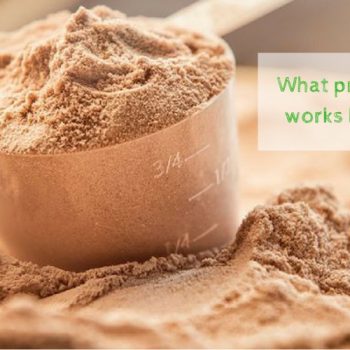The Benefits of Eating Vegetables in Season this Summer
- Posted by CraveAdmin
- On August 16, 2021
- 0 Comments
 July 16, 2018
July 16, 2018
Hope your summer is off to a great start! Summer is a time for sun, fun and delicious seasonal vegetables. Whether you’re grilling out or making a fresh salad, there are so many wonderful summer veggies to choose from. Which are your favorite?
Have you ever wondered why certain vegetables are more abundant in certain seasons? I find it amazing how nature’s produce cycle actually supports our body’s needs and gently leads us from season to season. For example, our bodies require more water in the summer months, and summer vegetables, such as zucchini, tomatoes, and cucumbers, help us stay hydrated and cool. In the fall, transition veggies, such as root vegetables, help us acclimate to the upcoming cooler months. Pretty neat, right?
There are many reasons to eat seasonally (and locally, if you can). Seasonal eating is kinder to the environment, requiring fewer pesticides and chemicals to nurture growth. Eating within the season also reduces the need for preservatives. Seasonal foods are grown locally, which reduces fuel and transportation costs – often called “food mileage” or “food’s carbon footprint.” And, if it’s not being shipped from where the veggies are in season (most likely from overseas), it doesn’t contain overseas contaminates – just because a pesticide is illegal in the U.S. doesn’t mean foreign countries have the same policies on produce. In addition, seasonal veggies can grow naturally in optimal weather, providing more antioxidants for our good health. And it just tastes better when it’s naturally grown and harvested at the right time!
Here’s a list of delicious vegetables to enjoy this summer:
| VEGETABLE | FUN FACT | CONTAINS | AWESOME BENEFITS |
| Artichoke | The artichoke is the 4th most antioxidant-rich food in the world! | Fiber | Aids in digestion and regulates blood sugar levels |
| Antioxidants | Is good for your heart and may help lower the risk of infection | ||
| Protein | Used to build and repair muscle tissue | ||
| Folate | Protects your heart, helps maintain a healthy pregnancy, boosts cognitive function | ||
| Arugula | Though a recent newcomer to the U.S., arugula has been around since Biblical times. | Antioxidants | Is good for your heart and may help lower the risk of infection |
| Vitamin A (beta-carotene) |
Promotes healthy skin, boosts the immune system and is good for eye health. | ||
| Kaempferol | Aids in fighting diseases | ||
| Asparagus | The cooking water of asparagus can be used as a wash to treat acne! | Folate | Protects your heart, helps maintain a healthy pregnancy, boosts cognitive function |
| Vitamin C | Protects against immune system deficiencies | ||
| Potassium | Aids in nerve and muscle function | ||
| Inulin | Aids in digestion | ||
| Antioxidants | Is good for your heart and may help lower the risk of infection | ||
| Protein | Used to build and repair muscle tissue | ||
| Beets | The entire beet is edible – even its leaves and roots! | Fiber | Aids in digestion and regulates blood sugar levels |
| Folate | Protects your heart, helps maintain a healthy pregnancy, boosts cognitive function | ||
| Manganese | Helps prevent osteoporosis and inflammation | ||
| Vitamin C | Protects against immune system deficiencies | ||
| Potassium | Aids in nerve and muscle function | ||
| Cucumbers | Cucumbers are amazing thirst quenchers! | Lignans | Helps aid inflammation |
| Vitamin C | Protects against immune system deficiencies | ||
| Potassium | Aids in nerve and muscle function | ||
| Eggplant | Eggplants aren’t actually a vegetable – they’re a berry! | Manganese | Helps prevent osteoporosis and inflammation |
| Thiamin | Provides energy to the body by helping convert carbohydrates to energy. | ||
| Fiber | Aids in digestion and regulates blood sugar levels | ||
| Folate | Protects your heart, helps maintain a healthy pregnancy, boosts cognitive function | ||
| Vitamin K | Helps blood to clot, plays essential role in building strong bones and helps prevent heart disease | ||
| Protein | Used to build and repair muscle tissue | ||
| Onion | If rubbed on your skin, onions can help increase blood circulation! | Fiber | Aids in digestion and regulates blood sugar levels |
| Vitamin C | Protects against immune system deficiencies | ||
| Folate | Protects your heart, helps maintain a healthy pregnancy, boosts cognitive function | ||
| Potassium | Aids in nerve and muscle function | ||
| Manganese | Helps prevent osteoporosis and inflammation | ||
| Tomato | Cooked tomatoes are more nutritious than raw tomatoes! | Fiber | Aids in digestion and regulates blood sugar levels |
| Vitamin C | Protects against immune system deficiencies | ||
| Vitamin A | Plays an important role in bone growth | ||
| Vitamin K | Helps blood to clot, plays essential role in building strong bones and helps prevent heart disease | ||
| Potassium | Aids in nerve and muscle function | ||
| Manganese | Helps prevent osteoporosis and inflammation | ||
| Antioxidants | Is good for your heart and may help lower the risk of infection | ||
| Zucchini | As a squash, zucchini is one of the “3 Sister” crops planted by the Native Americans (corn, bean, and squash)! | Vitamin B2 | Promotes overall growth and good health by converting carbohydrates, proteins and fats into energy. |
| Vitamin C | Protects against immune system deficiencies | ||
| Potassium | Aids in nerve and muscle function and blood pressure | ||
| Fiber | Aids in digestion and regulates blood sugar levels | ||
| Protein | Used to build and repair muscle tissue |
For the nutritional value of more seasonal vegetables in your region, check out the Seasonal Food Guide. https://www.seasonalfoodguide.org/



